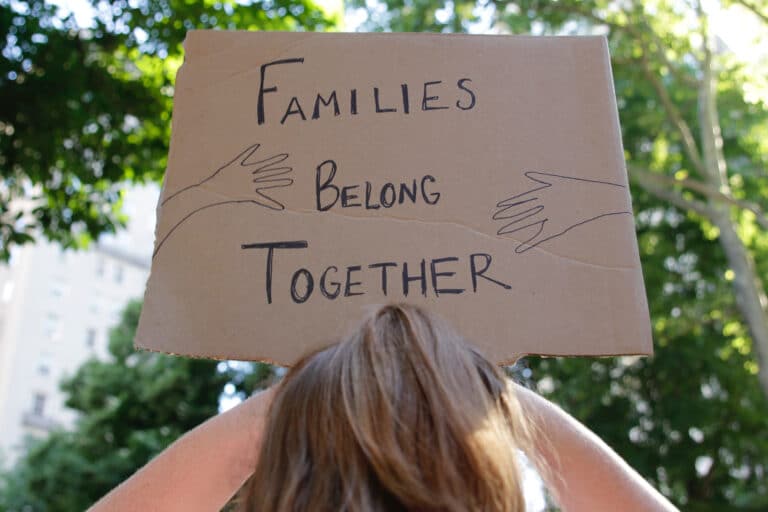How do I continue my education in Canada?
We know that many people had their education interrupted when they left their countries of origin but would like to re-start it in Canada. Whether you have completed an advanced degree, attended technical schools, or were were not able to attend formal schooling at all, there are opportunities to continue your education as a newcomer.
If you did not complete high school
If you did not complete high school, you may do that in Canada in one of two ways: by taking classes (part-time or full-time) at adult education or other learning centres or by taking the GED, which stands for General Education Development or General Education Diploma. The GED is an internationally recognized test. If you pass the GED test, you will earn a High School Equivalency Certificate from the province that you live in. Whichever path you choose to pursue your high school degree, it can help you to get a job or admission to an educational or training program. If you are interested in completing your high school degree, your settlement team can work with you to find a local learning centre where you can take high school equivalency classes. Further information about Canadian high school diplomas and continuing education may be found here.
If you completed high school
If you finished your high school degree then you have several choices:
Continuing education
These are courses offered to adults in the community by local school boards, colleges and universities. They tend to develop skills in particular areas, for example, accounting or health sciences. Some offer a certificate at the end of the individual course.
College
Colleges are more directly career-focused than universities and offer full-time and part-time diploma and certificate programs. Generally, a certificate program is 1 year or less, and a diploma program is 2 or 3 years. Colleges also offer English language training as well as skills upgrading. Many colleges offer bachelor’s degrees in applied areas of study.
University
These are institutions that can grant degrees. A bachelor’s degree usually takes 4 years to complete when a student enrolls full-time. Many large universities will offer “alternative entry pathways” or “bridging programs” for students who come from non-traditional educational backgrounds. For a fee, newcomers can have their academic credentials from their home countries evaluated by a recognized Canadian credentials evaluator.
Most colleges and universities will have their own language benchmarks for admission, and newcomers will need to meet a minimum threshold. The standard metrics used are the Canadian Academic English Language (CAEL) assessment, the International English Language Testing System (IELTS), the Test of English as a Foreign Language (TOEFL) and the Pearson Test of English (PTE).
In order to pay for college or university, students may need loans (which must be paid back to the government) or grants (which do not need to be paid back). Both the federal government and the provincial or territorial governments have programs that provide low-cost loans, grants and scholarships for students. You can get information from the National Student Loans Service Centre It is also important to do research into eligibility for provincial grants available for domestic students, as these will not need to be repaid. All newcomers will be considered “domestic” students and will pay domestic student fees. If you choose to take out loans, it is important to plan for your ability to repay them so that you don’t become overwhelmed with interest and payments.






